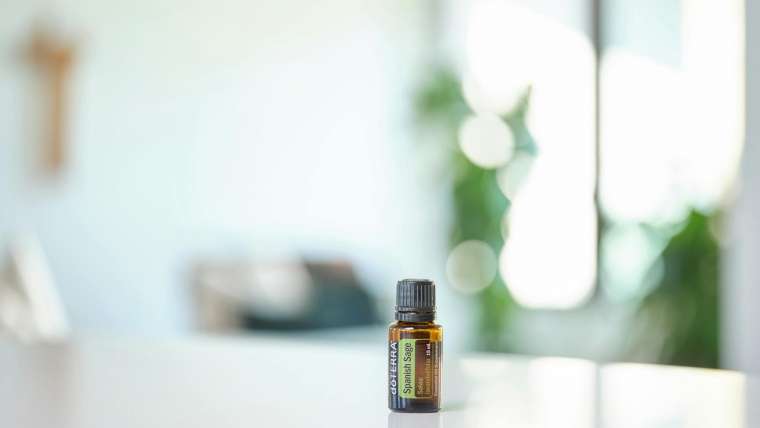Discover the powerful journey of finding hope and healing in the face of darkness and overcoming PTSD. You’re not alone.
Table of Contents
Dealing with Post-Traumatic Stress Disorder (PTSD) can feel like navigating through a never-ending storm. The flashbacks, anxiety, and emotional distress can be overwhelming, but it’s important to remember that healing and recovery are possible. In this blog post, we will delve into the complexities of PTSD, explore effective coping strategies, and offer hope to those struggling with this debilitating condition.
Understanding PTSD
PTSD is a mental health condition that is triggered by a traumatic event. Whether it’s experiencing combat, a natural disaster, or a personal tragedy, the aftermath of such events can leave a lasting impact on an individual’s psychological well-being. Common symptoms of PTSD include:
– Intrusive thoughts or memories of the traumatic event
– Nightmares or flashbacks
– Avoidance of situations that remind one of the trauma
– Hyperarousal and increased anxiety
It’s vital to recognize these symptoms and seek professional help to address and manage them effectively.
Embracing Healing
Overcoming PTSD requires a commitment to self-care, patience, and resilience. Therapy, particularly cognitive-behavioral therapy (CBT), has been shown to be effective in treating PTSD. By working with a therapist, individuals can explore their trauma, challenge negative thought patterns, and develop healthy coping mechanisms.
Additionally, mindfulness practices, such as meditation and deep breathing exercises, can help individuals ground themselves in the present moment and alleviate feelings of distress and anxiety.
Building a Support Network
One of the crucial elements in overcoming PTSD is the presence of a strong support network. Whether it’s friends, family members, or support groups, having a safe space to share experiences and receive encouragement can make a significant difference in the healing process.
It’s important to communicate your needs and boundaries with your support system, ensuring that you feel understood, respected, and validated in your journey towards recovery.
Finding Purpose and Meaning
While living with PTSD can feel isolating and overwhelming, finding purpose and meaning in life can be a powerful motivator for healing. Engaging in activities that bring joy, pursuing hobbies, volunteering, or setting goals can foster a sense of accomplishment and empowerment.
| Ways to Find Light | Examples |
|---|---|
| Therapy | Seeking help from a therapist specializing in PTSD treatment |
| Support Groups | Joining a support group with others who have experienced similar trauma |
| Exercise | Incorporating physical activity into daily routine to improve mental well-being |
| Mindfulness | Practicing techniques such as meditation and deep breathing to stay present |
| Healthy Relationships | Nurturing positive connections with friends and family members |
By shifting the focus from the trauma to personal growth and resilience, individuals can reclaim their agency and create a future filled with hope and possibility.
Celebrating Progress and Resilience
Healing from PTSD is not a linear journey. There will be setbacks, challenges, and moments of doubt. However, celebrating even the smallest victories and acknowledging your resilience can be a source of strength during tough times.
Remember that progress is not measured by perfection but by your continuous effort to move forward and prioritize your well-being.
Conclusion
Overcoming PTSD is a courageous and transformative journey that requires patience, self-compassion, and unwavering determination. By understanding the nature of PTSD, embracing healing strategies, building a support network, finding purpose, and celebrating progress, individuals can navigate through the darkness and emerge into the light of resilience and hope.
If you or someone you know is struggling with PTSD, remember that you are not alone, and help is available. Reach out to mental health professionals, support groups, or trusted individuals to receive the support you deserve on your path to healing.
FAQs
Can PTSD be cured completely?
While there is no definitive cure for PTSD, it can be effectively managed and symptoms can be significantly reduced through therapy, medication, and self-care strategies.
How long does it take to recover from PTSD?
The recovery timeline for PTSD varies for each individual. It can take months to years to heal fully, depending on the severity of the trauma and the effectiveness of treatment.
Is it normal to have triggers even after treatment?
Yes, it is common for individuals with PTSD to experience triggers even after treatment. Learning to cope with triggers and managing them effectively is a vital part of the healing process.
Can PTSD be passed down through genetics?
While genetics can play a role in the probability of developing PTSD, it is primarily triggered by experiencing a traumatic event. However, having a family history of mental health issues may increase the risk of developing PTSD.





